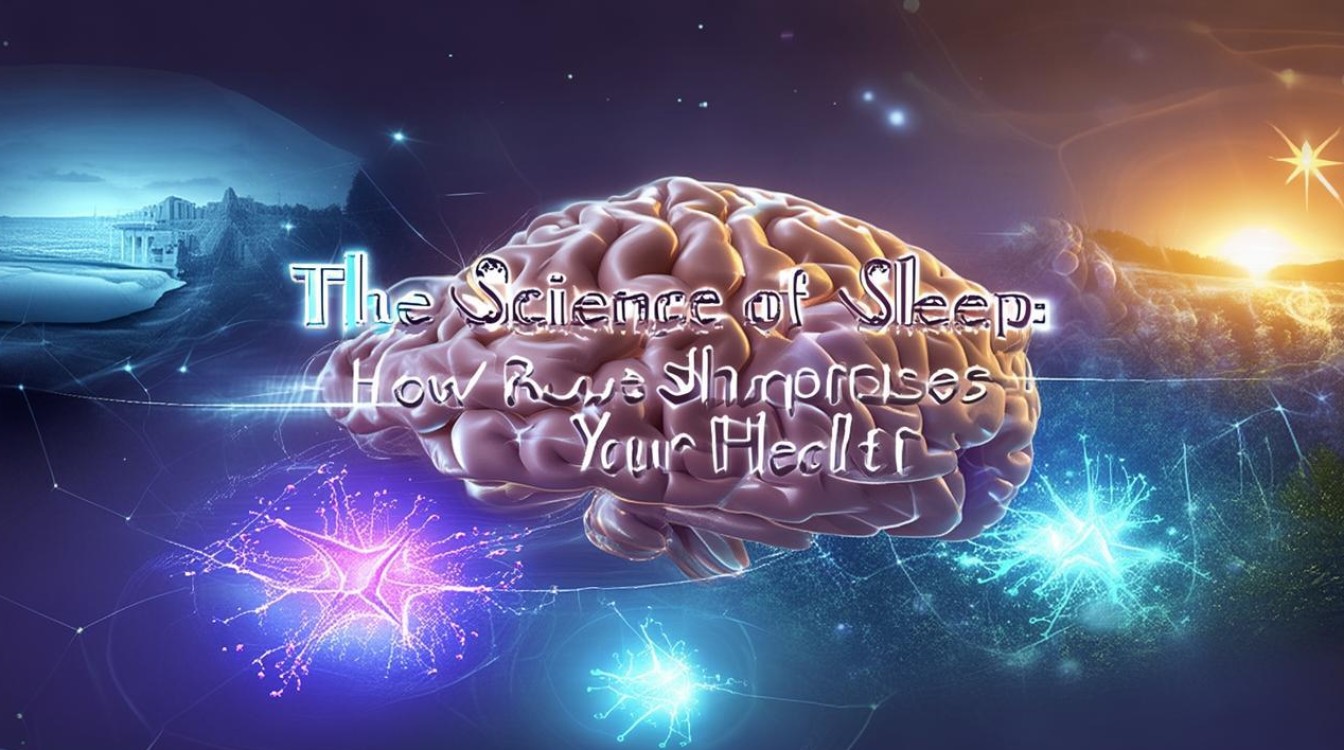Sleep is a fundamental biological process, yet its importance is often underestimated. Modern research reveals that quality sleep is as vital as nutrition and exercise for overall health. This article explores the latest findings on sleep science, its impact on physical and mental well-being, and actionable insights to improve rest.

The Biology of Sleep
Sleep occurs in cycles, each lasting about 90 minutes. These cycles include:
- NREM (Non-Rapid Eye Movement): Divided into three stages, crucial for physical recovery and memory consolidation.
- REM (Rapid Eye Movement): Associated with dreaming and cognitive processing.
Disruptions in these stages can lead to impaired focus, weakened immunity, and chronic conditions like hypertension (National Sleep Foundation, 2023).

Latest Data on Sleep Deprivation
Recent studies highlight alarming trends:
| Statistic | Findings | Source |
|---|---|---|
| Global sleep deficiency | 45% of adults report poor sleep quality | World Health Organization, 2024 |
| Economic impact | $411B annual loss in productivity (U.S. alone) | RAND Corporation, 2023 |
| Health risks | 30% higher risk of obesity with <6 hours/night | Journal of Clinical Sleep Medicine, 2024 |
Medical Consequences of Poor Sleep
- Cardiovascular Disease
- A 2023 European Heart Journal study linked insomnia to a 48% increase in heart disease risk.
- Mental Health
Sleep deprivation raises cortisol levels, exacerbating anxiety and depression (American Psychological Association, 2024).

- Immune Function
- Just one night of <5 hours sleep reduces natural killer cell activity by 70% (Sleep, 2023).
Actionable Tips for Better Sleep
- Consistency: Maintain a fixed sleep schedule, even on weekends.
- Environment: Keep bedrooms cool (60–67°F) and dark.
- Tech Hygiene: Avoid screens 1 hour before bed—blue light suppresses melatonin.
The evidence is clear: prioritizing sleep is non-negotiable for long-term health. As research advances, integrating these findings into daily life can transform well-being.

